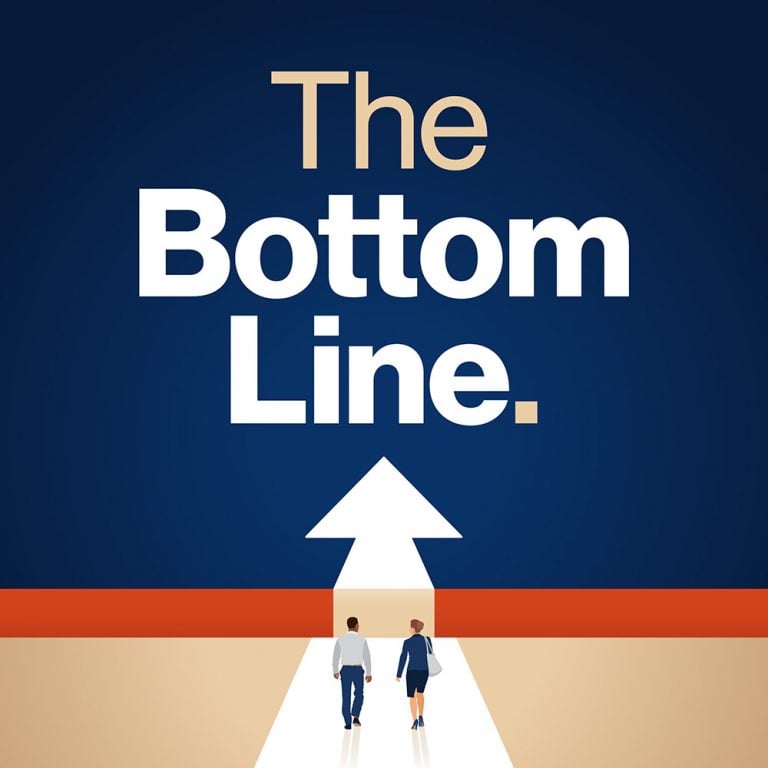The journey to leasing a commercial property is an exciting but sometimes daunting prospect for small business owners. In this article we break down some the details to be aware of when leasing a commercial property. These include: lease term, terminology, tenant responsibility and some key takeaways when choosing a commercial space to occupy.
Where to start when leasing commercial property
Prior to searching for a commercial property, it’s important to narrow down what sort of space you’re looking for. Your business type, number of staff, location are some factors that will dictate requirements.
When considering size remember rates are based on square metres per annum for commercial rental, so it’s important to get it right. Thoroughly assess your needs based on how many staff you have, circulation, occupation plus your common spaces, for example, reception, kitchen, and meeting areas. It’s also vital to inspect the space – sometimes a building’s configuration can include wasted areas that you’ll still be paying for.
You found a space, now what?
It’s time to negotiate a lease. Negotiations with a landlord begin when you receive the basic terms of a lease, or a proposal, including a breakdown of the agreement (rent, outgoings, carpark etc.) and the total cost for the year.
At this point you might engage with a tenant’s advocate if you haven’t already. Once you’ve discussed the proposal with your associated parties you can offer a counter proposal or ask for further incentives.
A landlord is required to supply a standard Lease & Disclosure Agreement ahead of signing the contract which is your opportunity to seek appropriate legal advice. It might cost you anywhere up to $1000 to have your lease contract vetted by a solicitor, but it could save you thousands in the long run.
Basic lease terminology
Term certain
The initial term of the lease contracted from the outset that is non-negotiable.
Option
An optional extension of a lease, negotiated and written in at the beginning of a contract but that doesn’t have to be honoured until toward the end of the term certain.
Benefits of an option include:
- Security when starting up your business
- A secure lease increases your ability to sell the business
- An option gives you an ‘out’ should your business grow to where you need a bigger premises, or your business fails
Relocation provision/demolition provision
A provision that allows a landlord to re-evaluate before an optioned term. This needs to be drawn in when the contract is initially set up. This provision is the only way a contract may be withdrawn by a landlord prior to end of the lease.
Guarantees
A guarantee covers any breach of lease or damage to property throughout the term of the lease or offset any issues at the end of a lease. The value and terms will be determined at the beginning of a lease by the landlord based on things such as:
- Financials based on assets and liability
- References
- History
- Experience
- Business plan
A starting point for a guarantee is the value of three months’ rent and the type of guarantee can vary.

Bank Guarantee
Where there are funds available, the bank provides a one-page guarantee in favour of the landlord which, can be cashed at any stage where there is a breach of lease.
Security deposit
You lodge an amount with a lessor’s agent, who will deposit it into a trust account.
Director’s/Personal guarantee
Sees you personally liable for the performance of the lease, for the entire duration of the lease.
Sublease market
Tenants that have excess space can offer a part of their building to another business or tenant to sublease for a period, or for the duration of the lease. It is also possible to assign your lease to a new tenant should you want to leave the property before your lease is up.
According to Raoul Salter, partner at commercial real estate company, Gross Waddell ICR:
‘A landlord cannot reasonably withhold the right for a tenant to sub-lease or assign a lease, in the case of selling a business.’
However, he also states:
‘The landlord is entitled to be in an equal position as they were with you, with the next tenant or a better position. They cannot be in a lesser position.’
Financial security, track record, experience in business, are all markers of the assignee’s eligibility that you’ll need to prove to your landlord. If they don’t meet these marks, they may be required to present a larger guarantee than you initially did.

Market Reviews
A market review is a literal review of the rental price reflective to the market, at the time of option. A market review takes place before the expiration of your lease, normally three to twelve months before, and gives both parties the opportunity to review the rent before a new price is negotiated.
In the event a new rental price isn’t agreed upon by both the landlord and tenant, it will go to an independent valuer. They will take written statements from both sides and come back with a fair and reasonable figure that is mandated and non-negotiable.
In a case where the cost price index (CPI) has gone into the negative, a landlord may also add a market review into a lease midterm. For instance, you have a five-year lease, but there will be a market review after three years.
Now that you understand the basics of leasing a commercial property and the terminology that comes with it, its time to get out there and start looking… good luck!
For more guidance on SME business development, sign up to our newsletter and receive regular tips direct to your inbox.

